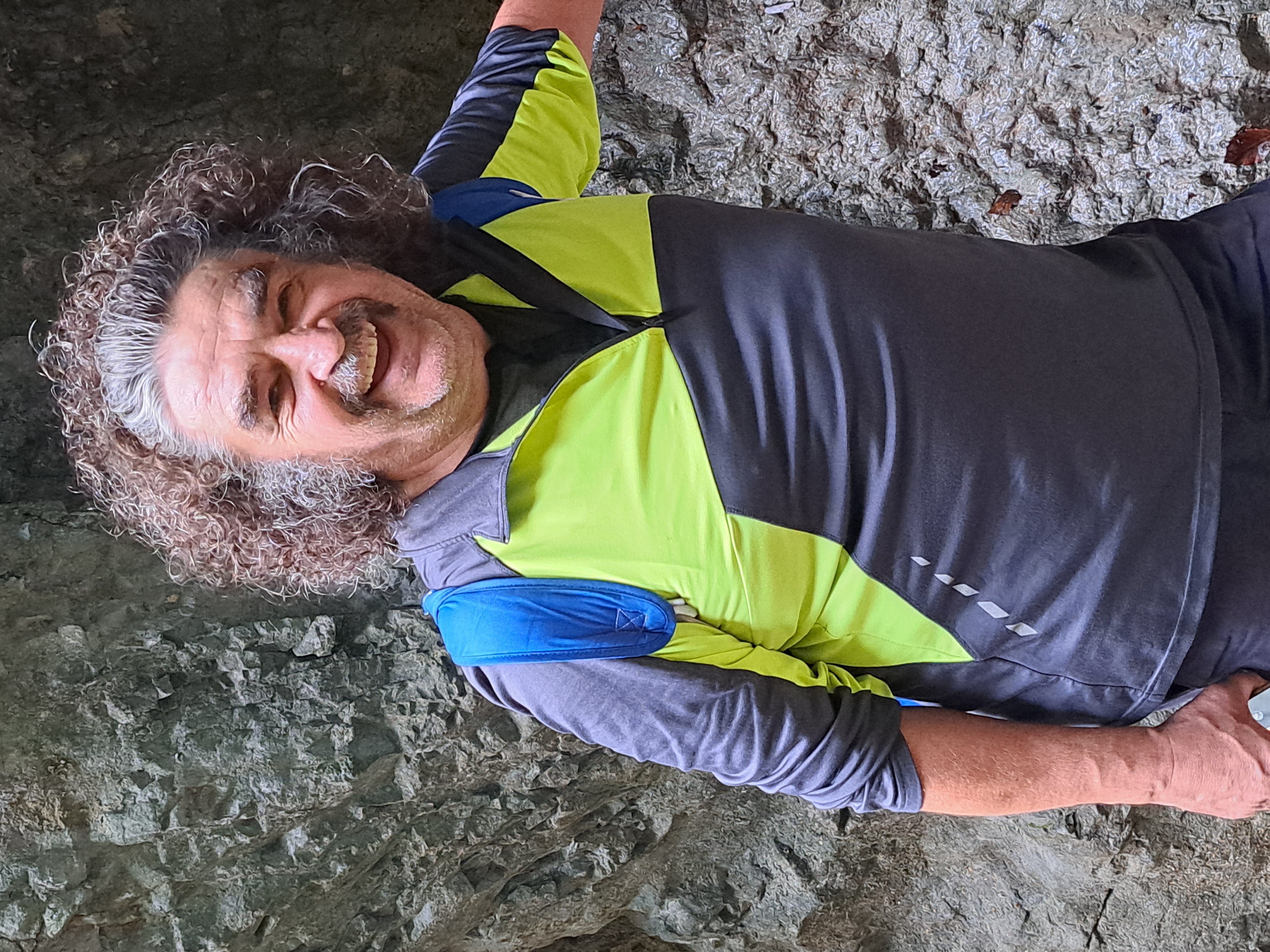Prof. Dr. Károly Penksza - MATE Research
Overview
Dr. Károly Penksza's research areas encompass the flora and vegetation of rivers, with a focus on investigating the role of grasses, their ecotypes, and associated management practices. He delves into the effects of grazing and trampling on grasslands, exploring their interconnectedness with nature conservation.
Research keywords:
Publications
Examination and analysis of grassland
Examination of the taxonomy of grasses and the analysis of the types of vegetation
Do sandy grasslands along the danube in the carpathian basin preserve the memory of forest-steppes?
Syntaxonomical analysis of sandy grassland vegetation dominated by Festuca vaginata and F. Pseudovaginata in the Pannonian basin
Possibilities of speciation in the central sandy steppe, woody steppe area of the carpathian basin through the example of festuca taxa
Projects
Investigation of the relationship between the effects of changing environmental factors along the climate gradient along the Danube on the composition and production of sandy grasslands, as well as on some physical, chemical and biological soil properties
The sandy areas along the Danube River with extreme dry, unfavourable conditions might have diffuse or sudden variations in the composition and value of the grass and other biomass causing challenge to planning and managing land use. The objective of the proposed research is to understand relationships between the climatic gradient, the soil conditions and the grassland characteristics including floristic composition, ceonology, and feed value. The established relationships could be applied for proper management and planning. One of the major objectives of the proposed research is to combine the pedological and botanical knowledge to understand the impact of the climatic gradient. Based on our preliminary studies, three Festuca taxa are assumed to occur on the open sandy grasslands subject to the study.





